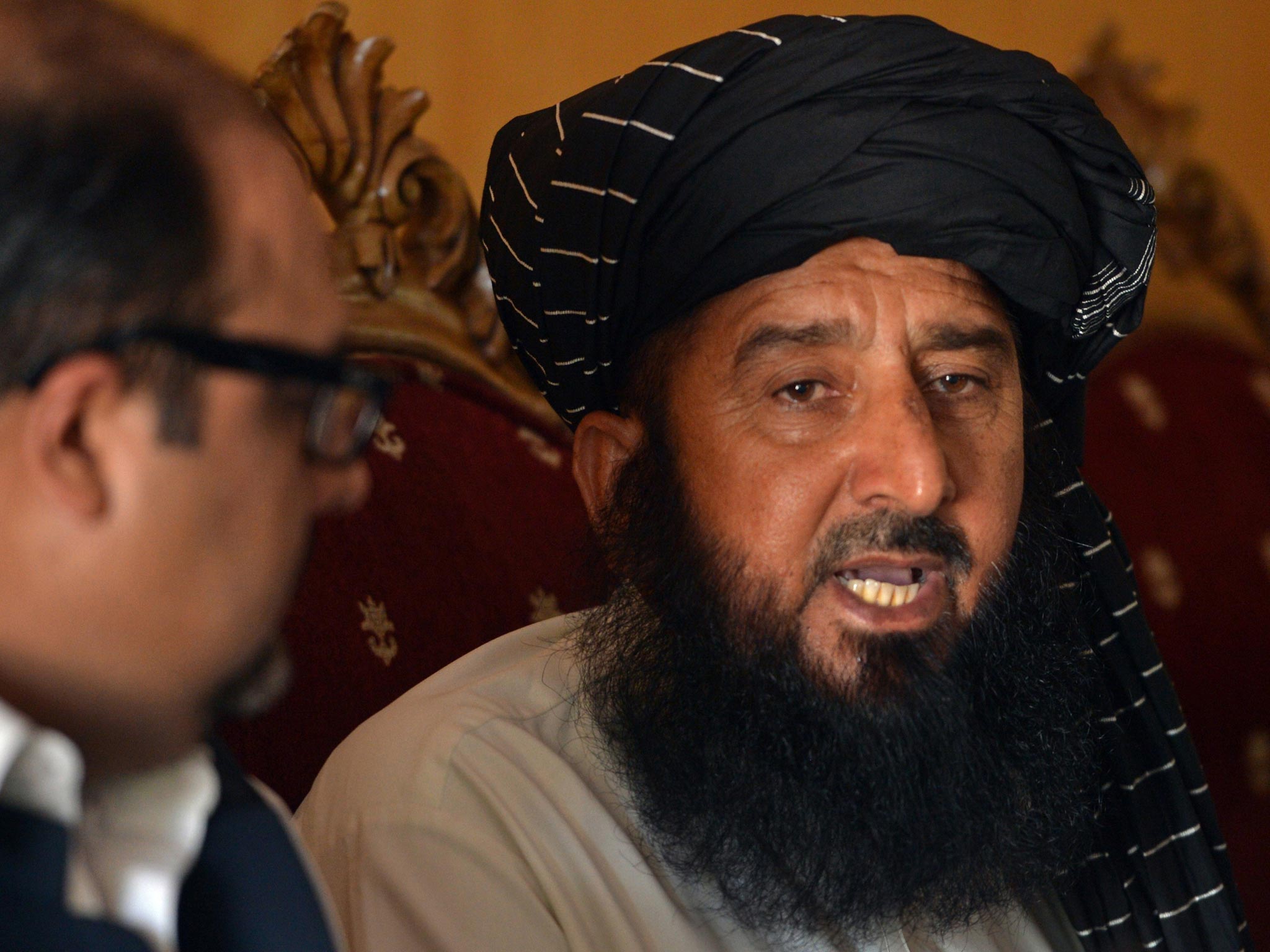Abducted anti-drone activist released, on his way to talk in the UK
Kareem Khan is due to talk to British and European parliamentarians about the impact of drone strikes

A Pakistani anti-drone campaigner who was abducted by armed men was on Friday night preparing to leave Islamabad to keep an appointment with British and European politicians and talk about the CIA’s controversial programme.
Kareem Khan was picked up from his home in the city of Rawalpindi in the early hours of 5 February by up to 20 men, some of whom were wearing the uniform of the Punjab police force.
Mr Khan, who is aged in his 50s, was released on Friday morning after he was placed blind-folded in a van and pushed out into a road in the centre of Islamabad, the nation’s capital. He told his lawyer that he had been beaten and that his captors refused to say who they were.
“He was blind-folded and beaten and they kept asking him about random people,” said his lawyer Shahzad Akbar. “Some of the people they were asking about were drone victims.”
In 2010, Mr Khan, who has young children, launched legal action against the CIA over the drones programme following a 2009 strike that killed his son and brother at his then home in North Waziristan. He claimed his relatives were entirely innocent and launched a criminal action against the CIA station chief in Pakistan and a civil claim for $500 million (shy of £300 million) in damages.
Mr Khan was abducted just days before he was due to travel to Europe where he is to talk to parliamentarians from Britain, Germany and the Netherlands about the impact of drone strikes. He has been invited to address the British MPs by Labour MP Tom Watson, who heads the All Party Parliamentary Group on drones and who spoke out this week when Mr Khan went missing.
Mr Akbar said that Mr Khan was determined to push ahead with his engagement and that he was preparing to fly to Europe in the early hours of Saturday morning. “We have the passport and the tickets,” he said.
Though Mr Khan was not able to identify the men who had detained him, a Pakistani court on Wednesday had ordered the government to produce him by 20 February or provide the reason for his detention.
The AFP news agency said that Pakistan last month passed a new law allowing its security forces to detain terror suspects for up to 90 days without disclosing their whereabouts or the allegations against them.
The law appeared to be an attempt to give legal cover to the cases of so-called “missing persons,” suspects who disappear into custody of the security services with no information given to their relatives.
The CIA drone programme is hugely controversial in Pakistan, where many see it as an infringement of sovereignty. Over the years, many reports have suggested that senior Pakistan military officials have given their tacit approval to the strikes and in some instances may even have provided intelligence about potential targets.
Join our commenting forum
Join thought-provoking conversations, follow other Independent readers and see their replies
Comments